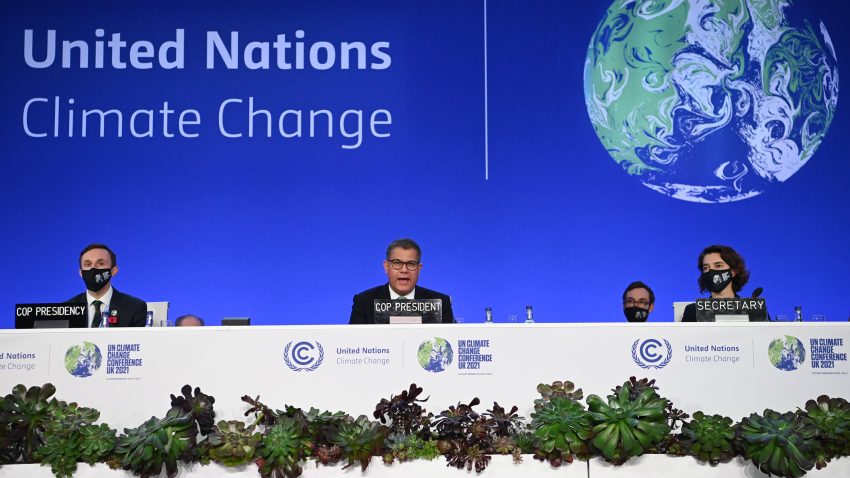March 2025 – In a year marked by unprecedented climate challenges, world leaders are stepping up efforts to combat global warming, with new international agreements bringing fresh hope to the planet’s future. Following months of intense negotiations, over 80 countries have officially signed the Global Climate Accord of 2025, a groundbreaking treaty designed to accelerate the transition to clean energy and reduce carbon emissions worldwide.
A Turning Point for the Planet
The agreement, finalized during a high-stakes summit in Geneva, aims to limit global temperature rise to 1.5°C above pre-industrial levels — a goal scientists say is crucial to avoid the most devastating impacts of climate change. To meet this target, participating nations have pledged to:
- Cut carbon emissions by 60% by 2035.
- Phase out coal power by 2040.
- Invest billions in renewable energy, such as wind, solar, and hydroelectric power.
- Support developing countries with $200 billion in climate adaptation funding.
“This is not just an agreement. It’s a global commitment to safeguard our future,” said Dr. Elena Marques, head of the United Nations Climate Council. “We are running out of time, but this deal proves we still have the power to change course.”
Driven by Urgency
The push for stronger climate action comes after a year of record-breaking heatwaves, floods, and wildfires that devastated communities from California to Australia. In 2024 alone, natural disasters linked to climate change caused over $300 billion in damages and displaced millions. Scientists warn that without immediate action, these events will only intensify.
Public pressure has also played a significant role, with environmental activists and youth-led movements demanding accountability from governments and corporations. Mass protests and climate strikes have become a regular sight in major cities worldwide, amplifying the call for urgent reforms.
Challenges Ahead
While the agreement is a significant milestone, experts caution that pledges must translate into real action. Critics point out that some of the world’s largest polluters have historically fallen short on past climate promises. Transparent progress tracking and international accountability mechanisms will be key to ensuring this new accord delivers meaningful results.
A Green Future in Motion
Already, countries are rolling out ambitious plans to meet their commitments. Germany has unveiled a nationwide solar panel initiative, while India is investing heavily in wind farms and electric public transportation. Meanwhile, tech companies and investors are pouring funds into innovative solutions like carbon capture, sustainable agriculture, and next-generation battery storage.
If successful, the Global Climate Accord of 2025 could mark a new era of environmental cooperation and set the foundation for a cleaner, healthier world for future generations.
As Dr. Marques stated at the summit’s conclusion:
“The climate crisis doesn’t recognize borders. Neither should our solutions.”




